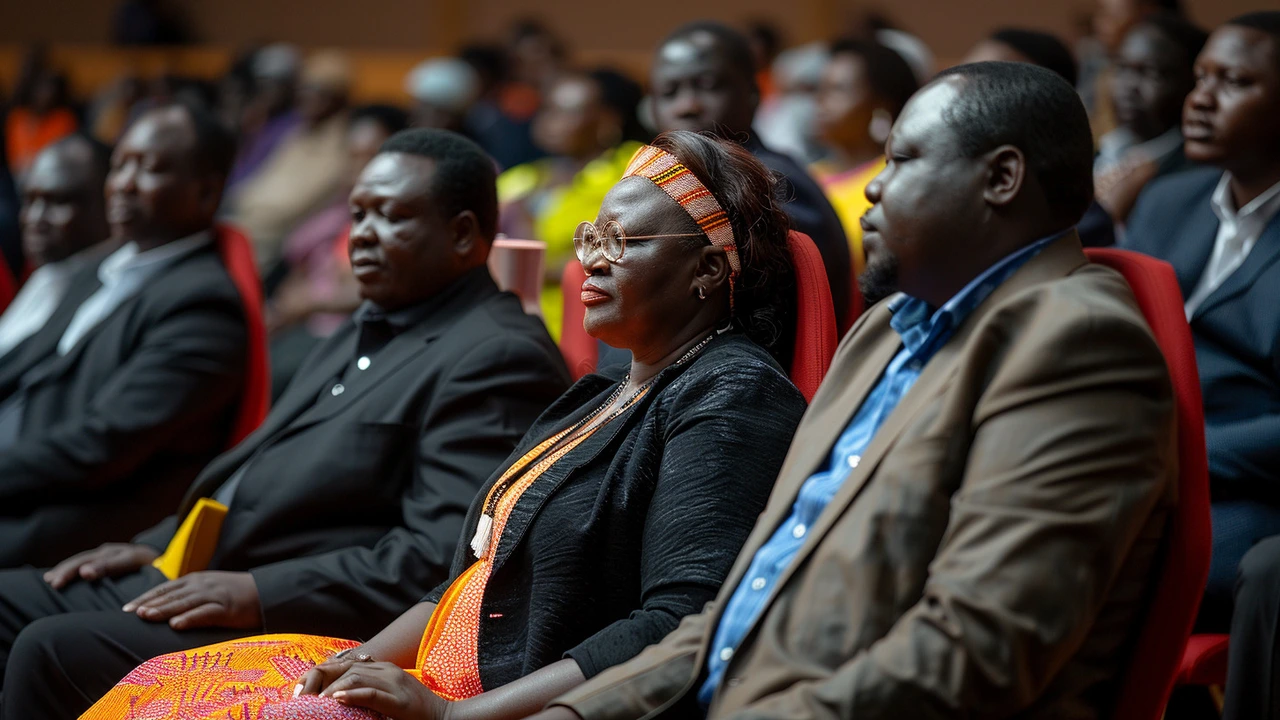Political meeting: how to read the room and follow the big moments
A single political meeting can change policy, topple a leader, or set the tone for a nation’s next steps. If you care about power and decisions in Africa, knowing what to look for at a political meeting makes news clearer — and more useful. This page pulls together the latest reports, explains the key signals, and shows you how to follow events as they unfold.
What matters most at a political meeting
Start with the agenda. A short official agenda can hide big moves: amendments, budget approvals, or surprise votes. Look for who called the meeting — a president, a party leader, or a committee chair — because the convenor often controls the pace and the items that actually get debated. Check attendance lists: missing heavyweights or the presence of an unexpected guest can signal alliances or fractures.
Watch for statements and communiqués. Officials use careful words. Phrases like "considered", "noted", or "took cognisance" often mean nothing changed. Strong words — "unanimous", "suspended", "recalled" — point to clear outcomes. Also scan for dissent: walkouts, abstentions, or separate press briefings show divisions even when the official line sounds calm.
Body language and timing tell you a lot. Short meetings with no Q&A usually mean a scripted decision. Long, late-night sessions often hide tough bargaining. If leaders hurry away without answering reporters, expect behind-the-scenes deals rather than a clean result.
Practical tips — for readers, attendees, and reporters
If you’re reading the news: cross-check the official communique with live social updates from participants and local journalists. Leaks give early clues but verify with at least two independent sources before sharing. Use archived meeting minutes or past decisions to spot patterns — is this a first-time move or a repeat tactic?
If you plan to attend: get the agenda and any background papers ahead of time. Bring ID, a notebook, and a clear question if there’s a Q&A. Respect security checks, and always note the names and titles of people you speak to — that saves time when you report back or follow up.
If you’re a reporter: secure a press kit, confirm embargo rules, and record key quotes. Ask for written statements after the meeting; officials sometimes shift wording later. Track motions, votes, and who proposed them — those details often matter more than the headline.
Africa Daily Dispatch uses this tag to collect live reports, analysis, and follow-ups on political meetings across the continent. From courtroom tribals to party conferences and state-level appointments, you’ll find quick updates and practical context here. Bookmark this tag, follow our live coverage alerts, and use the tips above to read each meeting like a pro.
Key Leaders Gather at Limuru III Summit at Jumuia Conference for Crucial Discussions
The Limuru III summit at Jumuia conference sees prominent Mt. Kenya leaders and locals in attendance. Key figures include Narc Kenya leader Martha Karua and Jubilee Secretary General Jeremiah Kioni. Discussions focus on agreements among residents and a push against the Kenya Kwanza government for a revolution emphasizing liberal democracy and social welfare.
